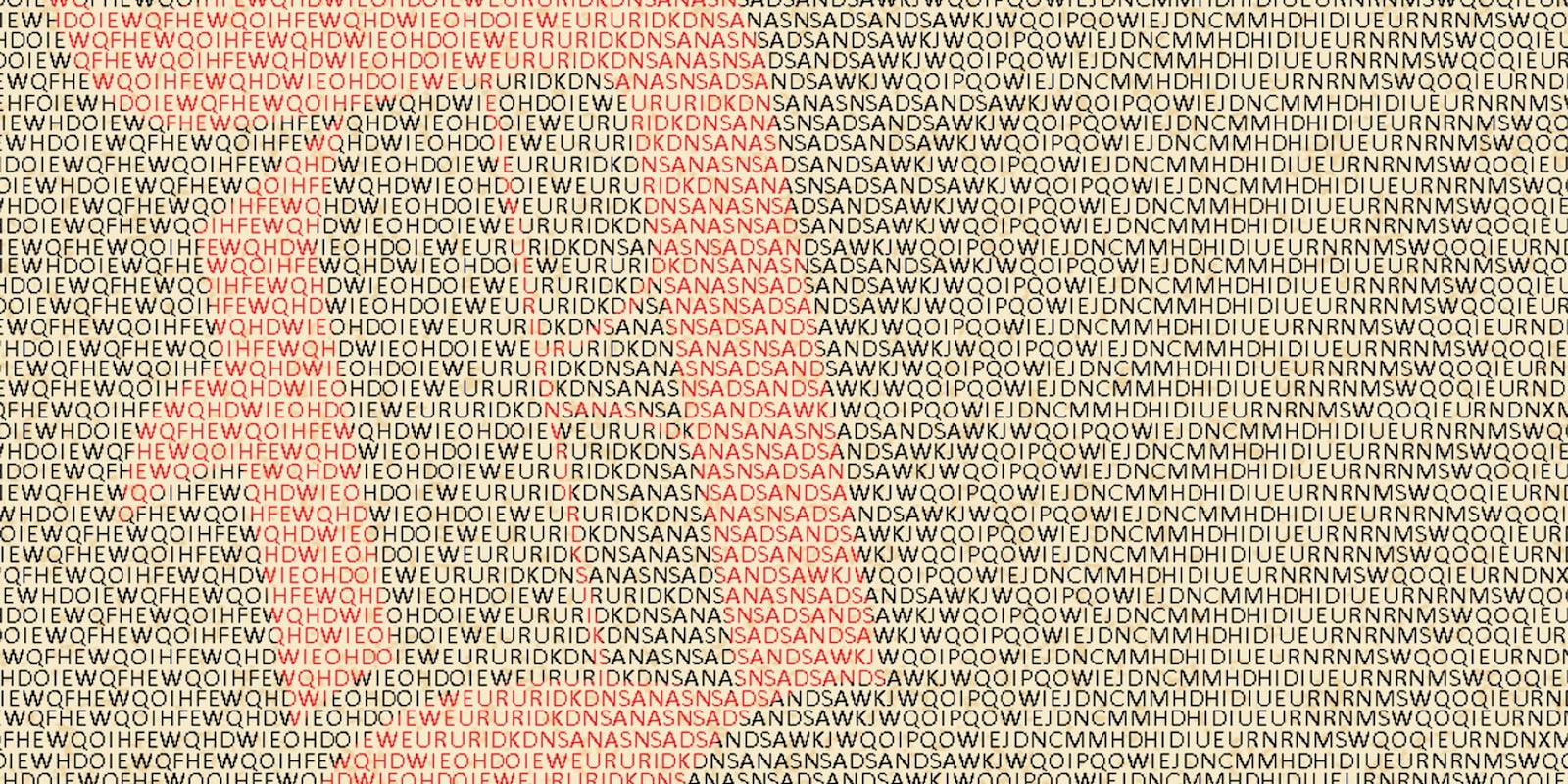Call it funny business.
Groupon has gone from Chicago cult phenomenon to multibillion-dollar company in record time. But why is its IPO filing so darn serious?
The heart of Groupon, the online-discounts email newsletter, is its quirky writing. The company’s lawyers gave that short shrift in its S-1, an official document the company filed with the Securities and Exchange Commission in an effort to sell shares to the public.
As far as I can tell, I was the first person to call attention to Groupon’s writing style when I interviewed CEO and cofounder Andrew Mason last September at the Demo conference. The New York Times picked up the clue eight months later. But there’s hardly any mention of Groupon’s army of copywriters, many plucked from Chicago’s quick-witted improv-comedy scene.
In Groupon, Mason has built a thoroughly human company, from the salespeople who drum up deals from local businesses to the writers who make them funny to the customer-support people who actually answer the phone if there’s a problem.
Salesmanship and humor are two traits that the technology scene could use more of, and I can tell that Mason, from my brief but thoroughly enjoyable interactions with him, has them in spades.
Most businessmen, cowed by SEC regulations on promoting IPO deals, would deliver an awkward “no comment” when asked about filing to go public. Mason? He gave tech journalist Kara Swisher a death stare during an interview at her D9 conference.
A really funny death stare, though.
…
I’m not going to delve into Groupon’s somewhat scary financials. Plenty of others are doing just that.
There may be some death stares in the offices of 37signals, a much-loved Web software company based, like Groupon, in Chicago. Its cofounder, Jason Fried, served on Groupon’s board from October 2009 through February 2011.
Which makes it singularly awkward that 37signals partner David Heinemeier Hansson laid into Groupon on Twitter and his blog. In particular, Hansson criticized Groupon for using the bulk of the proceeds of a $946 million investment earlier this year to cash out insiders — including, yes, Fried.
Fried, the S-1 filing revealed, sold $557,721 in shares back to the company earlier this year. He unhelpfullyexplained on Twitter that he was “not an investor,” a non-sequitur response that didn’t explain whether Hansson included his partner in the category of “lucky bandits” who benefited from a “wealth transfer.” He later wrote on Hacker News, “I owned something, someone offered to buy it, and I sold it.”
That is a helpfully concise definition of a wealth transfer.
…
Well, sure. Groupon is one big wealth-transfer mechanism, whether you’re talking savings to consumers, new customers to merchants, or payback to investors. But it didn’t start out life that way. Mason originally started the company as something called The Point, which was going to use the Web to organize people for social change. If Groupon pulls off its IPO, The Point is going to become a nonprofit dedicated to just that. Mason just had to make a few billion dollars along the way before he could do good.
…
As Groupon shows, commerce is a powerful connector. Another great example: Etsy, the arts-and-crafts marketplace based in Brooklyn, which has attracted an avid following. Even its harshest critics, like the gang at Etsy Bitch, feel a powerful tie.
One of the creators of Etsy Bitch, Angelica Marie Schaaf Rayl, passed away last month. The reaction to her death, as Daily Dot contributor Kevin Morris relates, shows that the site isn’t just linking buyers and sellers. It’s building a real community. I didn’t think we’d be running obituaries so early in our life as the Internet’s hometown newspaper, but it feels like a natural thing to chronicle.
…
We like to count things, whether its dollars or less remunerative ways of keeping score. So when we set out to cover Reddit, we figured we’d analyze the freewheeling discussion site’s “karma” metric.
Grant Robertson, the Daily Dot’s senior editor-hacker, came up with an infographic and analysis that shows Reddit’s top users fall into two camps: Hunters, who find links, and Gabberers, who comment on them. Both manage to pile up tons of karma, which Reddit awards when other users vote up an item, but there’s surprisingly little overlap between the top 1,000 Hunters and Gabberers.
That seems like a natural division of labor. What I like is that Reddit doesn’t seem to favor one kind of contribution over the other.
…
There were a lot of bad jokes in the Daily Dot’s virtual newsroom this week about Weinergate, the rolling controversy over a crotch shot posted to Twitter on the account of Congressman Anthony Weiner. Lost in the politicking disguised as factchecking that went on as partisans tried to prove Weiner did or didn’t send the photo in question: how insecure the Web services we use to construct our online identities are. We identified one design flaw in Yfrog, the ImageShack-run photo-sharing service where the boner pic was posted.
When Daily Dot senior editor Janet Kornblum finally got a call back from ImageShack CEO Jack Levin, he spent a lot of time attacking us with specious arguments, like his claim that we’d violated the site’s terms of service in demonstrating the flaw. I’d have been much more reassured if he’d talked about what he was doing to make things safer for the millions of people who use his system to post everyday moments of their lives.
Including the occasional crotch shot. Hey, we’re only human.
